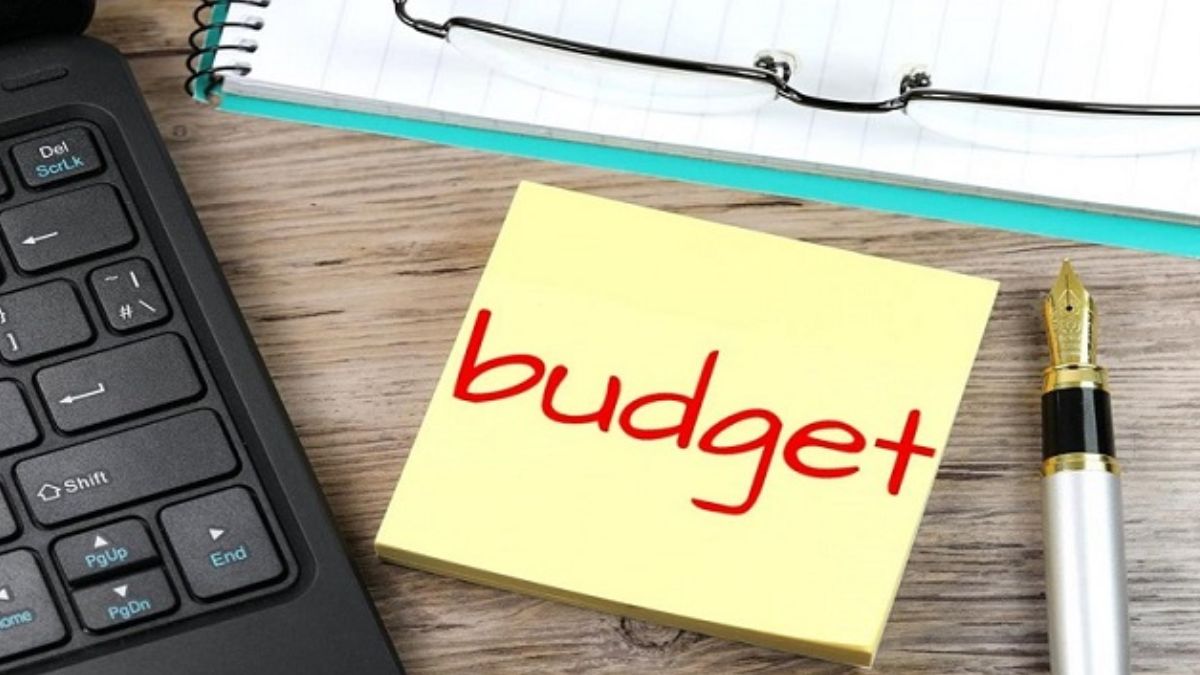Finance Minister Nirmala Sitharaman will present the Union Budget for the fiscal year 2025-26 on Saturday, February 1. Notably, the stock exchanges will also operate on this day, despite their usual weekend closure, to facilitate trading and reactions to the Budget announcements.
The Finance Minister recently concluded a series of pre-Budget meetings with industry stakeholders, taking their feedbacks, concerns, and suggestions to frame the upcoming Budget.
ALSO READ: Union Budget 2025: Can Nirmala Sitharaman Deliver As GDP Growth Rate Stands Slashed?
Union Budget 2025: Key Expectations
Meanwhile, EY India predicts that the upcoming Budget may prioritize private capital expenditure growth, tax simplification, and personal income tax reductions. EY recommends that to improve the tax ecosystem, clearing the pending cases at the Commissioner of Income Tax (Appeals) level and strengthening alternative dispute resolution mechanisms. The firm also expects significant tax reforms aimed at simplifying the tax system, enhancing taxpayer services, reducing litigation, and boosting tax compliance.
ALSO READ: Union Budget 2025: Will Nirmala Sitharaman Announce 8th Pay Commission, Sops For Delhi?
Where Does The Word ‘Budget’ Come From?
The origin of the word “budget” is derived from the French word “Bougette,” meaning “little bag,” which entered the English language in the 15th century.
According to media reports, the word “budget” gained widespread use after Sir Robert Walpole, England’s former Finance Minister, presented his budget proposals in Parliament in 1733, carrying them in a small bag. When asked about the contents, he replied, “It contains the budget for your necessities.” This is how the term got its place in the history.
The Indian Constitution surprisingly doesn’t mention the term “budget” explicitly. Instead, Article 112 uses the phrase “annual financial statement” to describe the government’s yearly presentation of estimated expenditures and projected revenues.
ALSO READ: Budget 2025: 4 Game-Changing Reforms In The New Tax Regime That Could Save You Big













